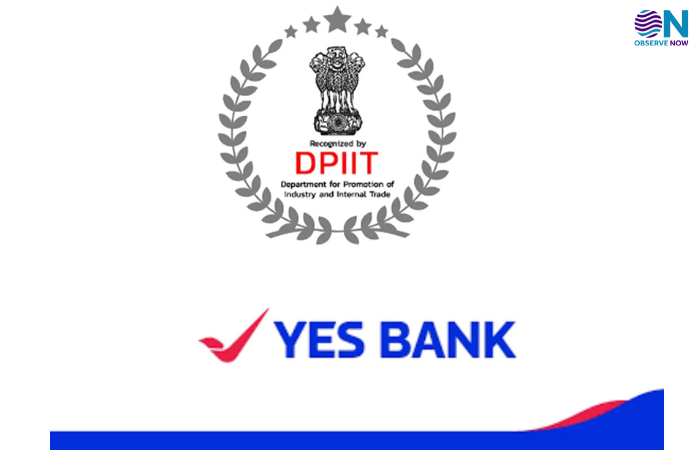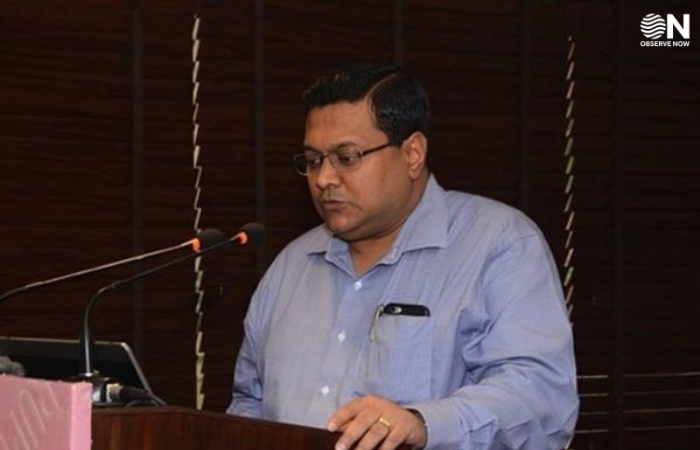Shiprocket Expands Same-Day Delivery to Bengaluru Amid India’s Quick Commerce Boom
Logistics unicorn Shiprocket has expanded its same-day delivery service to Bengaluru as India’s demand for instant deliveries surges. The move aligns with increasing consumer preference for faster shipping and the growing competition among ecommerce firms to provide rapid logistics solutions. The company already offers same-day delivery in Delhi NCR, Mumbai, Kolkata, and Hyderabad. With this expansion, Shiprocket aims to empower micro, small, and medium enterprises (MSMEs) by enabling them to compete with major ecommerce brands that benefit from higher customer retention due to quick deliveries.
“This initiative is a crucial step towards our vision of democratising ecommerce technology for every seller in India while contributing to the broader digital transformation of the economy,” said Saahil Goel, Managing Director and CEO of Shiprocket. Under the same-day delivery model, orders picked between 12 PM and 1 PM from a merchant’s location will be delivered the same day. Additionally, shipments collected by 3 PM will also reach customers the same day, with Bengaluru-based Pico Xpress as the logistics partner.
Founded in 2017 by Saahil Goel, Vishesh Khurana, Akshay Gulati, and Gautam Kapoor, Shiprocket provides end-to-end ecommerce enablement solutions, including shipping, fulfillment, and customer communication. The company claims to cover 24,000+ pin codes across India and 220 countries worldwide. The expansion comes at a time when Shiprocket is strengthening its presence in the offline delivery market. Last year, it launched a WhatsApp storefront bot to help small businesses and direct sellers expand beyond traditional online marketplaces.
Currently valued at $1.2 billion, the startup is raising INR 219 Cr (~$26 million) in a fresh funding round led by KDT Ventures. Additionally, Shiprocket is preparing for an initial public offering (IPO) in the upcoming fiscal year. In January, the company rebranded itself as “Shiprocket Limited”, signaling its transition toward becoming a public entity. Shiprocket has also been piloting its direct-to-consumer (D2C) marketplace, Zop, which hosts 200-300 brands across categories like fashion, beauty, and electronics. Meanwhile, the company is collaborating with the Indian government to establish pilot ecommerce export hubs (EEHs) aimed at streamlining customs and security clearances at airports.
India’s quick commerce sector is witnessing exponential growth, driven by a consumer shift toward instant gratification. While startups like Zepto, Zomato, and Swiggy dominate the quick commerce space, ecommerce giants are also adapting to rapid delivery trends. Several logistics startups are capitalizing on this trend. Blitz, a same-day delivery platform for omnichannel sellers, recently raised INR 40 Cr ($4.7 million) to bolster its 60-minute delivery infrastructure. Zippee offers same-day delivery for D2C brands and operates dark stores in Delhi, Mumbai, Bengaluru, Hyderabad, Pune, Kolkata, and Chennai. Delhivery, a key competitor to Shiprocket, has ventured into rapid commerce with two-hour deliveries in Bengaluru, Hyderabad, and Chennai. The company is also working on launching multi-tenant dark stores for “rapid in-city delivery” for ecommerce businesses.
According to a recent statement by the Reserve Bank of India (RBI), the rise of quick commerce and ecommerce is significantly boosting private consumption in India. On the financial front, Shiprocket’s revenue surged 20.8% to INR 1,316 Cr in FY24, up from INR 1,089 Cr in FY23. However, its net loss widened by 74.4% to INR 595 Cr in the same period, compared to INR 341 Cr in the previous fiscal year. As instant delivery gains momentum in India, logistics players like Shiprocket are racing to capture the market, shaping the future of quick and efficient ecommerce logistics in the country.
































